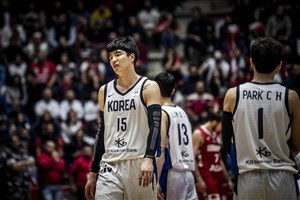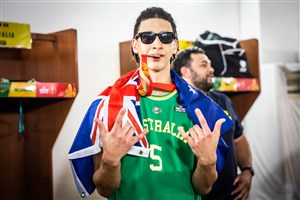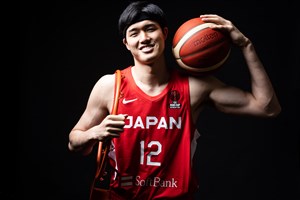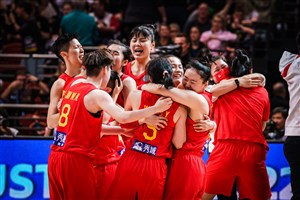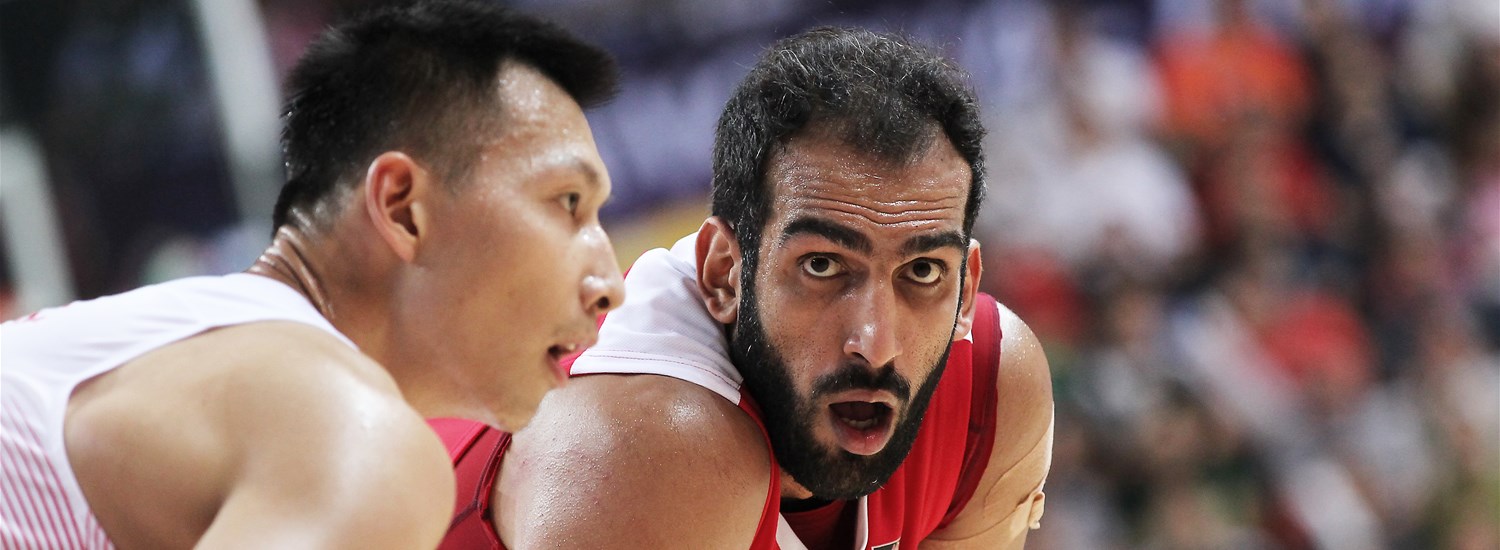
Yi Jianlian or Hamed Haddadi: Which Asia Cup MVP will shine brighter at the FIBA Basketball World Cup 2019?
BEIJING (China) - Yi Jianlian of China and Hamed Haddadi of Iran are two of the best ever in Asia. It is only fitting that both will be representing their nations at the FIBA Basketball World Cup 2019, aiming to achieve glory for their countries.
Who will leave a bigger mark in China at the World Cup this year?
Before they head on to make Asia proud, here is how they stack up in the recent decade of FIBA Asia Cup play.
Competition |
Tournament MVP |
Notable Statistics
|
|
FIBA Asia Cup 2009 |
Hamed Haddadi |
15.8 points |
|
FIBA Asia Cup 2011 |
Yi Jianlian |
16.6 points |
|
FIBA Asia cup 2013 |
Hamed Haddadi |
18.8 points |
|
FIBA Asia Cup 2015 |
Yi Jianlian |
16.7 points |
|
FIBA Asia Cup 2017 |
Hamed Haddadi |
16.2 points |
Solidifying their status as the top two players of Asia, Yi and Haddadi have gone back and forth winning the Asia Cup MVP awards in the past 5 renditions of the competition.
Both players were equally as dominant in the first Asia Cup playing against each other in 2009. They were both relatively fresh off their first stints playing in the NBA and it showed in how effective the two stars were. Yi averaged 18.3 points, 10.4 rebounds, and 2.4 blocks per game in his very first Asia Cup appearance, but ran into defending MVP and champion Haddadi in the title game.
It was quite easy to crown Haddadi as MVP that year, with outstanding numbers of 15.8 points, 13.1 rebounds, and 4.0 blocks per game.
Their paths would not cross in 2011, when Yi led China to his first Asia Cup title. The Chinese star forward led the team in both points (16.6 points per game) and rebounds (10.8 points per game) for a second straight time, earning him his first MVP award in the Asia Cup as well.

(FIBA Asia Cup 2011 MVP, Yi Jianlian)
Haddadi also put up remarkable numbers of 15.4 points, 11.4 rebounds, 3.6 assists, and 2.9 blocks per game even if Iran fell a bit short that year.
The Iranian big man rallied back in 2013 to get his 3rd Asia Cup MVP, recording better offensive numbers with 18.8 points and 10.0 rebounds per game. His 29-point, 16-rebound performance in the title game against the Philippines was just the icing on the cake of another grand Asia Cup run.

(FIBA Asia Cup 2013 MVP, Hamed Haddadi)
Yi spent nearly half of the games in Asia Cup 2013 nursing an injury, but when he was on the court, he was just as a big of a threat as anyone. The Guangdong native put up 17.4 points and 6.6 rebounds per contest as China struggled whenever he was absent.
Both teams loaded up with fresh new talents for Asia Cup 2015, even if the veterans Yi and Haddadi were still the main men. Yi finally scored his first win over Iran in the Asia Cup this year during the Semi-finals, following through by a title win and MVP-clinching performance of 16.7 points and 8.8 rebounds on average while shooting 52.9 percent from the floor.
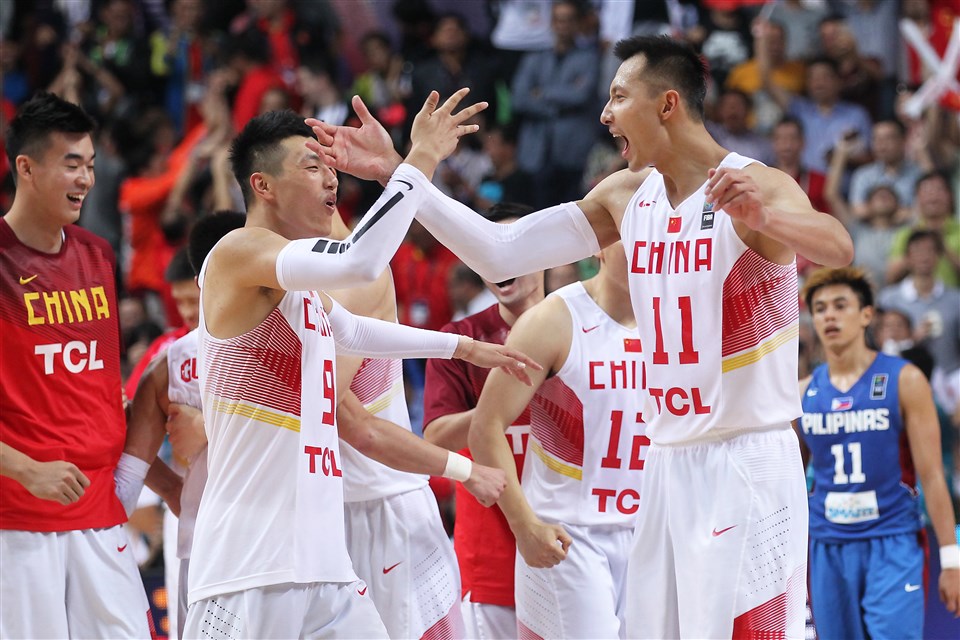
(FIBA Asia Cup 2015 MVP, Yi Jianlian)
Having lost in the final four round, Haddadi and Iran finished in 3rd place with the 7-footer averaging 11.5 points and 7.8 boards per contest.
Those who thought Haddidi was on the decline had to quickly reconsider after he dropped jaws with 16.2 points, 10.8 rebounds, and a tournament-high 6.5 assists per game in Asia Cup 2017. Iran made it all the way to the championship game once again, but would eventually fall just short of another title.
It’s clear that after an entire decade of going back and forth against each other, Yi Jianlian and Hamed Haddadi are still two of the biggest stars Asia has to offer. The biggest question now: Who will make a bigger impact on the largest stage of the basketball world at the FIBA Basketball World Cup?
FIBA




